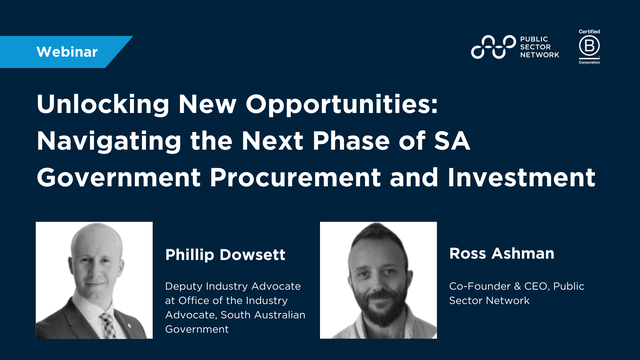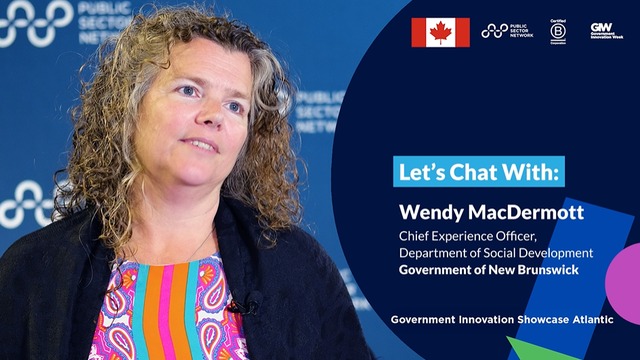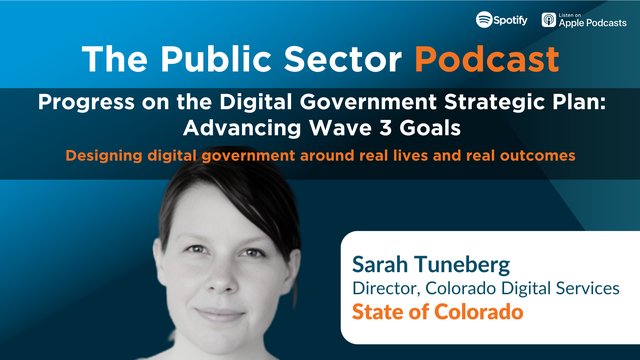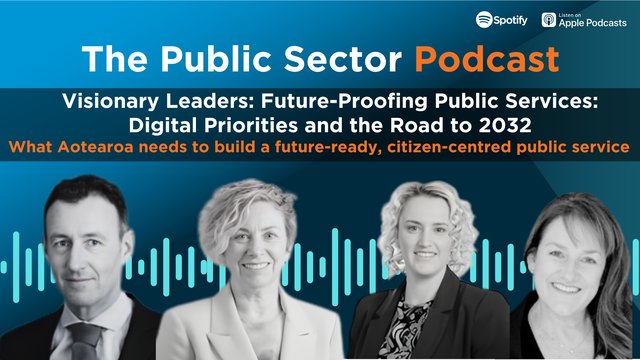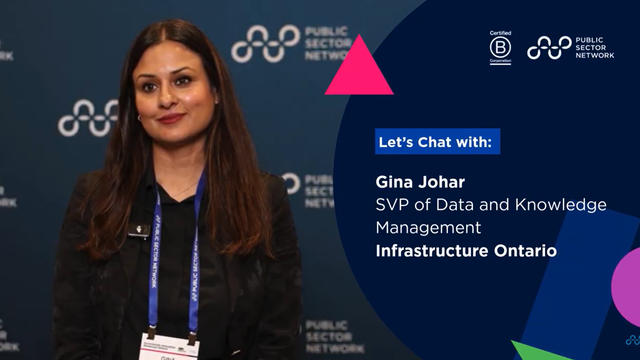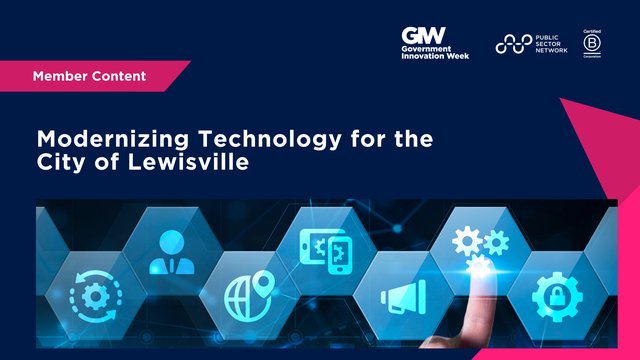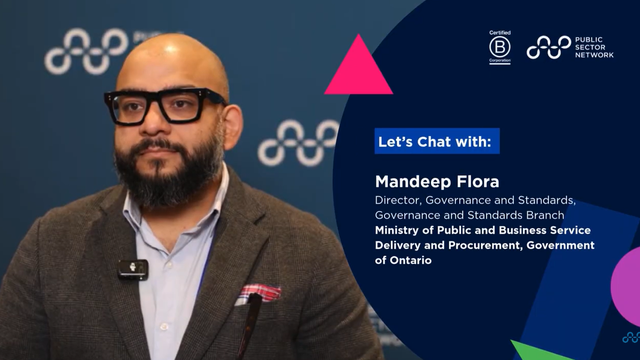Personal Agency & Collaboration for Flourishing Healthcare and Beyond
When we think about systems change and systems enquiry, what is it and why is it important to influence change in complex and ever-evolving systems?
A defining factor of healthcare and human services professionals are investment into genuine care for patients, customers and the wellbeing of the population. Driven by such altruistic intentions, can be the foundation for potent impact on society globally.
The purpose of this article is to empower you, as the clinician, practitioner, lecturer, researcher, manager and leader in healthcare to understand the impact that you do make, and have the potential to make. As the front-line workforce, the users, the consumers and team members - these roles have one of the most well-positioned locations of leverage for large scale change toward functional, integrous and flourishing systems.
This is an invitation to read on and find out how...
Systems Enquiry & Why It's Important for Solving Complex Social Problems
Seanna Davidson PhD, previously Manager, Systems Thinking and Capacity Building at the The Australian Prevention Partnership Centre, Tasmania Department of Health - developed a framework of systemic enquiry in plain English.
" Systems practices develop our ability to better understand and make sense of complex situations, which enables more effective decision making. "
In Australia, healthcare professionals and leaders continue to ask questions on how we might improve the healthcare system with the growing and aging population, understaffed facilities, major gaps in healthcare access and outcomes for disadvantaged and at-risk populations, changing consumer demands, with the COVID19 pandemic and a sky-rocketing mental health epidemic to top it off.
The skill of systems thinking is clearly growing in-demand from employers and consumers from service providers and entrepreneurs as humans evolve to solve evermore complex problems such as those underlying the entire foundations of the healthcare system, climate change, poverty, equality & diversity, and the global mental/social health, domestic violence and loneliness epidemic.



When we understand and are able to grasp the entirety of the problems we are taking on, that's when each of our steps and actions make an exponential level of impact.
Similar to the concept as the efficacy and logic of preventative health...
If we focus on the
A large majority of the population who walk this world are mostly oblivious to the impact that their thoughts, words, actions have on others, and therefore globally, particularly on culture. One person who throws a cigarette butt on the street has three people watching. If two of them feel that it is then permissible to then litter on the street also, even if it was once a month, and this was passed onto tens quickly becomes hundreds, thousands and millions.
This same case when applied to medical negligence, a failure to speak up or advocate for patient outcomes, or unethical or harmful behaviours in the workplace, because it is modelled, incentivised or even culturally engrained.
Believing that our individual action has little impact on the whole is a failure to acknowledge that we are social creatures that even with very little training to influence others, has an impact that we cannot quite fathom completely in the larger scheme of the system such as explained in the "Butterfly Effect Theory".
Systems thinking in application to influencing systemic change in human social systems might be associated with a tool for:
Skills
Application
Outcomes
- sense-making, enquiry & epistemology, and critical thinking
- social science, psychology & dynamics
- problem solving, creativity, entrepreneurship, innovation
- social change and social impact
- grasping, operating and flourishing in complex systems (such as large organisations, society and cultures)
- patient empowerment and collaboration
- outcome-focused care
- preventative health and precision medicine
- informing predictions and forecasting
- healthcare innovation, research and development
- community & integrated care
- better patient outcomes
- reduced chronic disease and health risks
- increase efficacy and efficiency of health, medical, digital systems, services, and solutions
- decreased mid to long-term costs to the healthcare system
A Systems Change Framework to Work With
A systems framework was developed by policy partners in Tasmania with support from the Prevention Centre is helping public health practitioners to apply systems tools and methods in their everyday work.
“Systems thinking is still little understood in public health. The session made it more applicable to people’s own work,” said Michelle Morgan, Healthy Communities Officer at the DHHS and content lead of systems thinking unit at the University of Tasmania as part of the Prevention 2018 conference.
If we focus on the
Dr Davidson believes that " Most people involved in systems change will not be in a position of power or influence to affect such transformative change. "
Large-scale change is more often than not, the cumulative effect of multiple emergent changes, often compounding and reinforcing each other. " We must shift the system from our place of agency - what we are able to directly shift and change. We don’t shift a whole system, we gently nudge parts in sub-systems , which in turn has a cascading influence across other sub-systems."
Those closest to the front-lines know best what to do for genuine change because they are deep subject-matter experts in the problems that arise from the work they do. They are the one's experiencing the statistics we read on the news.
This reorientation to how systems change and our scale of influence is critical to setting reasonable expectations about systems change processes.
Here is a summary of the framework's core concepts to effective systems enquiry that can be taken into all work we do in any industry and particularly in public health...
Purposeful engagement
“ Collaboration is not about gluing together existing egos. It is about the ideas that never existed until after everyone entered the room ”
~@participatoryc, community systems change foundation UK
Engaging in the system and working towards systems change cannot be done in isolation. Working in systems is inherently social and requires us to engage and collaborate with different perspectives and roles across the system. Only with the inclusion of diverse perspectives can we begin to see the true depth and complexity of the system, which is necessary for finding a way to change the system.
Reflect, Learn, Adapt
The process of reflecting, learning and adapting is what enables a systemic inquiry to be flexible, emergent and non-linea r. It has an ever-present and ongoing nature , which is different to traditional problem-solving approaches where reflection comes at the end of the process.
We don’t know where an inquiry process might take us in our learning or how an action might influence a system, so we need to continually be course-correcting until we start to get the traction we desire. In this way, when we are generating new information in a systemic inquiry, we ensure it informs our next step as we are constantly expanding our understanding of the system.
The internal inquiry process in the centre of the Framework is key to a systems investigation. Moving through each of these key elements enables a deeper understanding of the system. The duration and level of intensity can be adapted according to available time and resources and the context in which the inquiry is taking place. Often, an inquiry will move through multiple and non-linear iterations of this cycle as new information about the system surfaces.

“What sets this [framework] apart is that it goes into much more depth about how to actually implement systems in everyday practice,” she said.
“Many frameworks stop at the conceptual idea of what will happen. However, this approach allows us to take it to a level of implementation and practice; it’s very clear what we actually do in each stage of the framework. We have made it highly relevant to those working in public health looking for practical strategies.”
Please find more information about The Australian Prevention Partnership Centre's "System's Change Framework" and their work here.
In Summary
Change doesn't happen

This article has been drawn from the work of The Australian Prevention Partnership Centre and Seanna Davidson PhD's publication.




